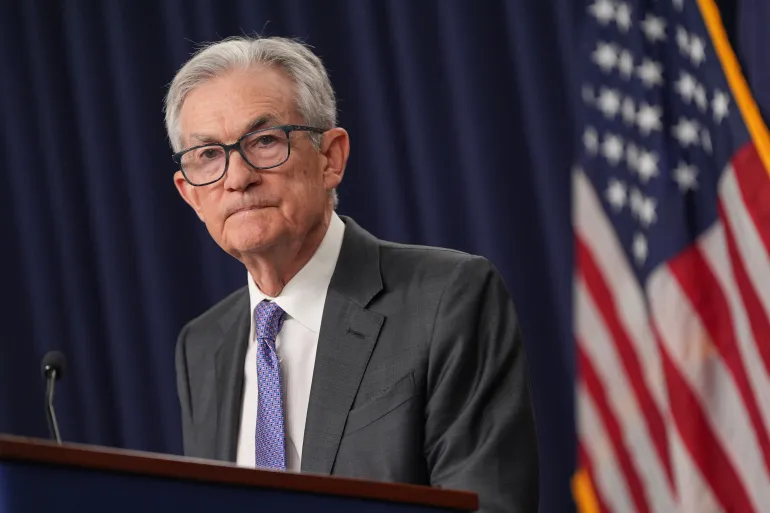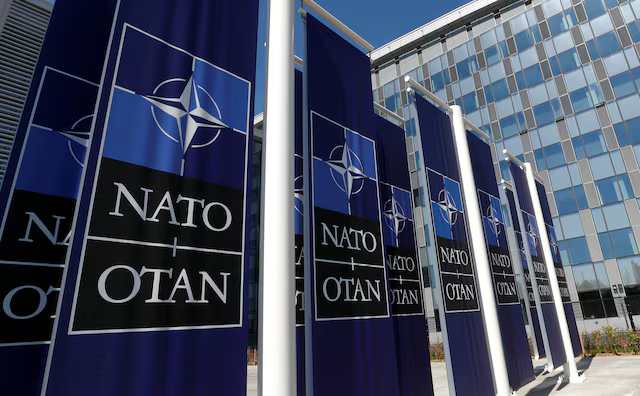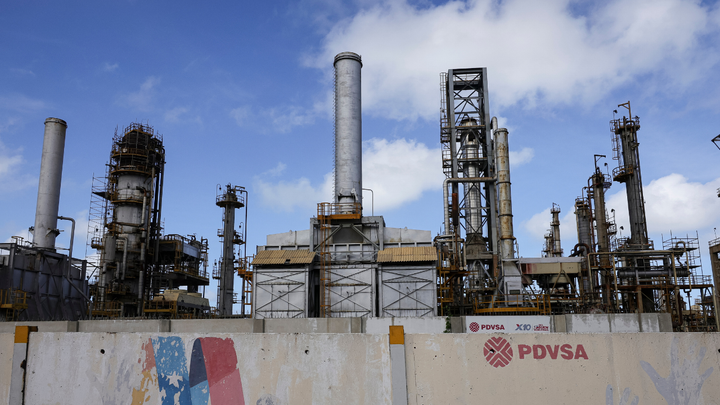The Belarusian government under President Alexander Lukashenko has escalated its campaign of repression against citizens expressing support for Ukraine. This crackdown represents a calculated strategy to eliminate any public opposition to the regime's alignment with Russia's military actions. Hundreds of Belarusian citizens have been systematically targeted through a multi-faceted approach of legal persecution, digital surveillance, and intimidation. Individuals displaying even subtle signs of Ukrainian solidarity—such as wearing blue and yellow colors, sharing social media posts critical of Russian operations, or expressing humanitarian concerns—now risk significant legal consequences.
The Ban
The government's methodology involves leveraging broadly interpreted legal frameworks that criminalize what it defines as "anti-state activities." Charges of "discrediting the Belarusian state" or "extremism" have become primary tools for suppressing dissent. Penalties range from substantial financial fines to criminal prosecution, with potential imprisonment terms that can extend several years.
Social media platforms have become primary surveillance grounds, with state authorities employing sophisticated monitoring technologies to track and identify potential sympathizers. Online expressions of support, private messages, and digital interactions are systematically scrutinized, creating an environment of pervasive digital intimidation.
Public demonstrations expressing solidarity with Ukraine are immediately and forcefully dispersed. Law enforcement agencies respond with swift arrests, often utilizing excessive force and implementing preventative detention strategies. This approach effectively eliminates any potential for organized public protest.
The Global Situation
The broader geopolitical context greatly exacerbates the situation. Belarus has positioned itself as a critical Russian ally, providing diplomatic and logistical support throughout the ongoing conflict. By suppressing internal dissent, the Lukashenko regime reinforces its commitment to Moscow while simultaneously consolidating domestic political control.
International human rights organizations have consistently condemned these practices. Western governments have responded with targeted sanctions, diplomatic pressure, and continued support for Belarusian civil society movements. However, the regime remains largely unresponsive to external criticism.
For Belarusian citizens, the consequences of solidarity are profound. Each act of support carries potentially life-altering risks, ranging from professional marginalization to legal prosecution. The environment of fear strategically undermines potential resistance, creating a climate of self-censorship and compliance.
This systematic suppression reflects a broader pattern of authoritarian governance, where individual freedoms are systematically subordinated to state interests. The Belarus-Ukraine solidarity crackdown serves as a stark reminder of the ongoing challenges to democratic expression in the region.
The long-term implications extend beyond immediate political objectives. By alienating significant portions of its population and further isolating itself internationally, Belarus risks deepening its dependency on Russian support while eroding its own societal fabric.















Discussion